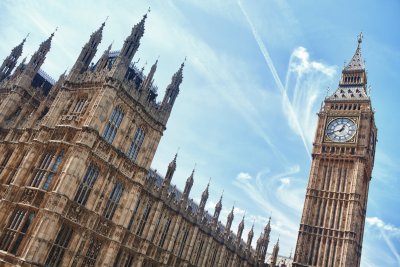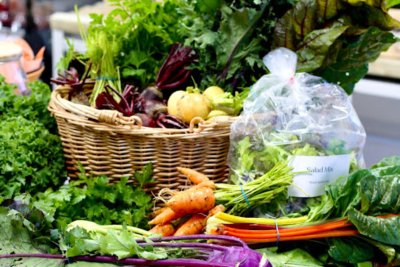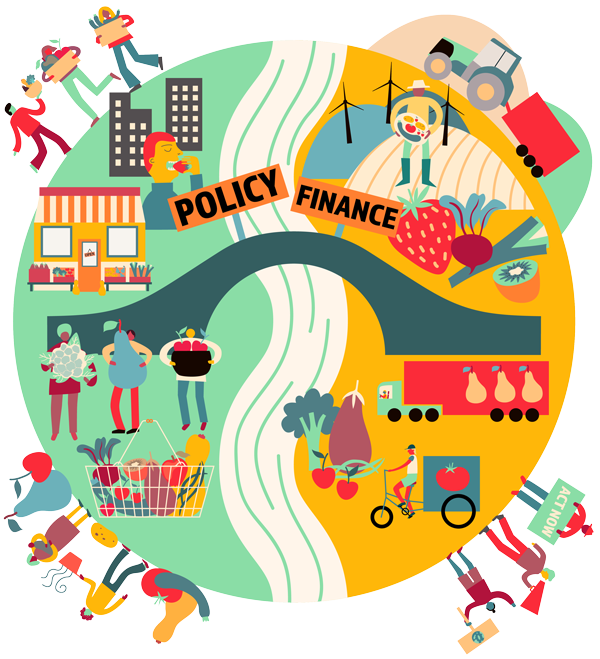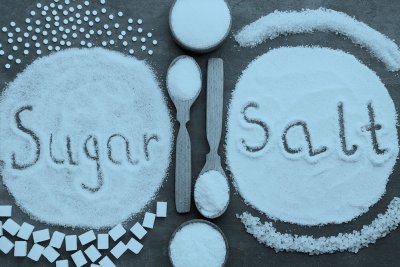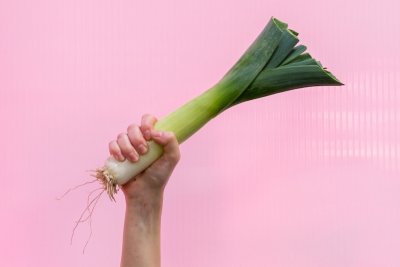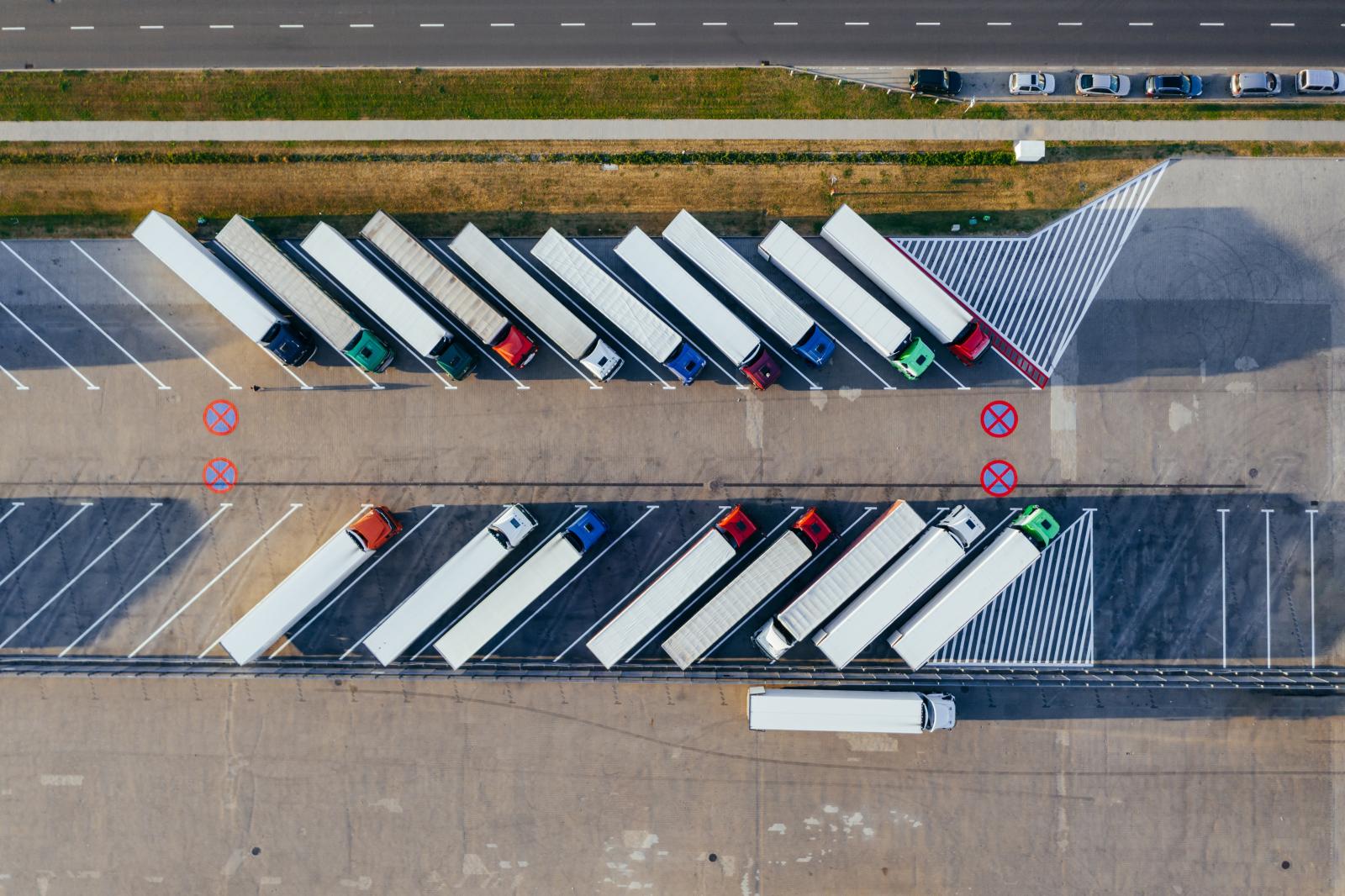 Lorries. Photo credit: Pexels
Lorries. Photo credit: Pexels
Gordon Brown teams with Sustain to ask government what happens to food in No Deal
Former prime minister Gordon Brown, GMB Union, Sustain and Hope Not Hate demand to know plans to stop a no deal food crisis.
Suspending Parliament stops scrutiny of how no deal could cause hunger and destroy lives, letter to Johnson says. Former Prime Minster Gordon Brown has has backed calls by GMB, the union for food workers (who are part of the Sustain alliance), Hope Not Hate and food charity Sustain to demand Boris Johnson to come clean on the potentially disastrous risks a no deal Brexit will have on UK food supply.
The letter (see below) to Mr Johnson warns him to ‘crash out of the EU without a deal poses a grave risk to the entire country’s food supply’. It demands answers to nine key questions about government preparations to cope with food shortages and price rises and the subsequent effects on families, the vulnerable, public services, the voluntary sector and workers in the food industry.
The letter comes as Gordon Brown visits Merseyside community co-operative Homebaked today (Monday 2 September 2019) to highlight the impact of a no deal Brexit on working families, the vulnerable and voluntary organisations.
Gordon Brown, former prime minister, said:
“A no deal Brexit threatens the UK’s food supply chain. Imports of almost a third of our food could be subject to disruption.
“Uncertainty, restricted supplies and a weakened pound could raise prices. This would be a catastrophe for the food industry but also for family budgets, hospitals and those driven to food banks due to the decimation of our social security system over the last decade.
“In the North West, 83,000 three-day emergency food parcels were given to children by the Trussell Trust in 2018/19. We cannot put the future of the most vulnerable people in our country at risk as Prime Minister Johnson and his advisers stand to lose nothing.
“Let’s stop no deal, stand up for our future and start fixing the problems really impacting people’s lives in this country.”
Tim Roache, GMB General Secretary says:
“No deal is no joke - it makes no sense for working people. The risks are writ large when it comes to the food we eat. With all the talk about coups and leave promises written on the side of buses, the real detail often gets missed. It's time for Boris Johnson to come clean.
“With no deal, we’re likely to see a huge impact on everything from increased cost of the family shop and less choice on supermarket shelves, through to job losses in food production and reduced nutrition in school and hospital meals.
"The Government are walking us to a cliff edge and seem more interested in ideological Tory Party politicking than making sure we have a stable food supply.”
Text of the letter in full:
Dear Prime Minister,
The Government’s strategy of allowing the UK to crash out of the EU without a deal poses a grave risk to the entire country’s food supply - with potentially alarming consequences.
There is an evident lack of preparation and commitment from the Government to prevent deterioration in the accessibility, affordability and standards of food which people in the UK currently expect.
Ministers have refused to be transparent about the risks of no deal and the damage it could do to the basic living standards of working families, the poor and the most vulnerable in our society.
Rather than relying on leaks and press speculation, we call on the Government to provide answers to the following questions:
- The UK imports almost a third of its food from the EU. Can the Government guarantee EU tariffs, custom inspections and supply chain delays will not make food more expensive? (i)
- What risks does crashing out of the EU on October 31st 2019 pose to the UK food supply chain and the wider agricultural industry? Has the Government made preparations to mitigate these risks?
- Fresh, healthy food is crucial to the wellbeing of the young, the elderly and the vulnerable in our hospitals, care homes and schools. Given that local councils have already warned that price rises and food shortages could reduce school meal nutritional standards, will the Government guarantee that food quality in key public services will not fall following a no deal Brexit?
- The UK food and drink industry employs 450,000 people across the entire UK, with nearly 30% coming from the EU. Has any impact assessments on the consequences of a no deal Brexit for these businesses and jobs been conducted, including the proposals to end FOM immediately post-Brexit? If so, why hasn’t the Government shared the results with employers, trade unions and consumers?
- The UK Food packaging and production supply chain relies heavily on the use of chemical ingredients and materials throughout. Given the chemical industry’s concern at the impact of no deal Brexit, can the Government guarantee that the food industry will have access to the necessary materials to ensure production is not impacted?
- What is the Government’s impact assessment of a no deal Brexit on the health and financial consequences across society in the event of increased food costs and a reduced supply of fresh food? (ii)
- Has the Government conducted any impact assessment on the threats to UK food security, including potential for weakening of health and safety standards, due to pressures arising from a shortage of skilled labour, particularly amongst health inspectors?
- How have ministers responded to warnings that disruption to food supplies and rising prices will increase poverty whilst simultaneously reducing donations to emergency food banks and frontline charities serving vulnerable people? How will hard-pressed charities, such as homeless shelters and women’s refuges, be supported in meeting increased food costs and coping with restricted supply?
- Does the Government intend to seize control of UK ports to guarantee supply and distribution of food throughout the UK in the weeks following a no deal Brexit? If so, which organisations and people will be prioritised in the weeks following a no deal Brexit?
The public and Parliament deserve to hear the full answers to these questions so they can discuss the serious implications for people’s lives.
Attempts to suspend Parliament deny citizens and their representatives the right to scrutinise how crashing out of the EU with no deal will increase the cost of living, cause hunger for the poorest and destroy many people’s lives.’
Yours sincerely
Tim Roache, GMB General Secretary
Kath Dalmeny, Chief Executive, Sustain: the alliance for better food and farming
Nick Lowles, Chief Executive, Hope Not Hate
Alison McGovern, MP for Wirral South
Dan Carden, MP for Liverpool Walton & Shadow International Development Secretary
i Warning of the potential for widening food inequality, the House of Lords reports a no deal Brexit will result in average food tariffs of 22% unless the government cuts tariffs on all food imports which would threaten UK producers.
ii The independent UK Trade Observatory has estimated that no deal price will result in significant price increases in staple foods.
Good Food Trade Campaign: Campaigning for good trade that benefits people and the planet at home and overseas.
Sustain
The Green House
244-254 Cambridge Heath Road
London E2 9DA
020 3559 6777
sustain@sustainweb.org
Sustain advocates food and agriculture policies and practices that enhance the health and welfare of people and animals, improve the working and living environment, promote equity and enrich society and culture.
© Sustain 2024
Registered charity (no. 1018643)
Data privacy & cookies
